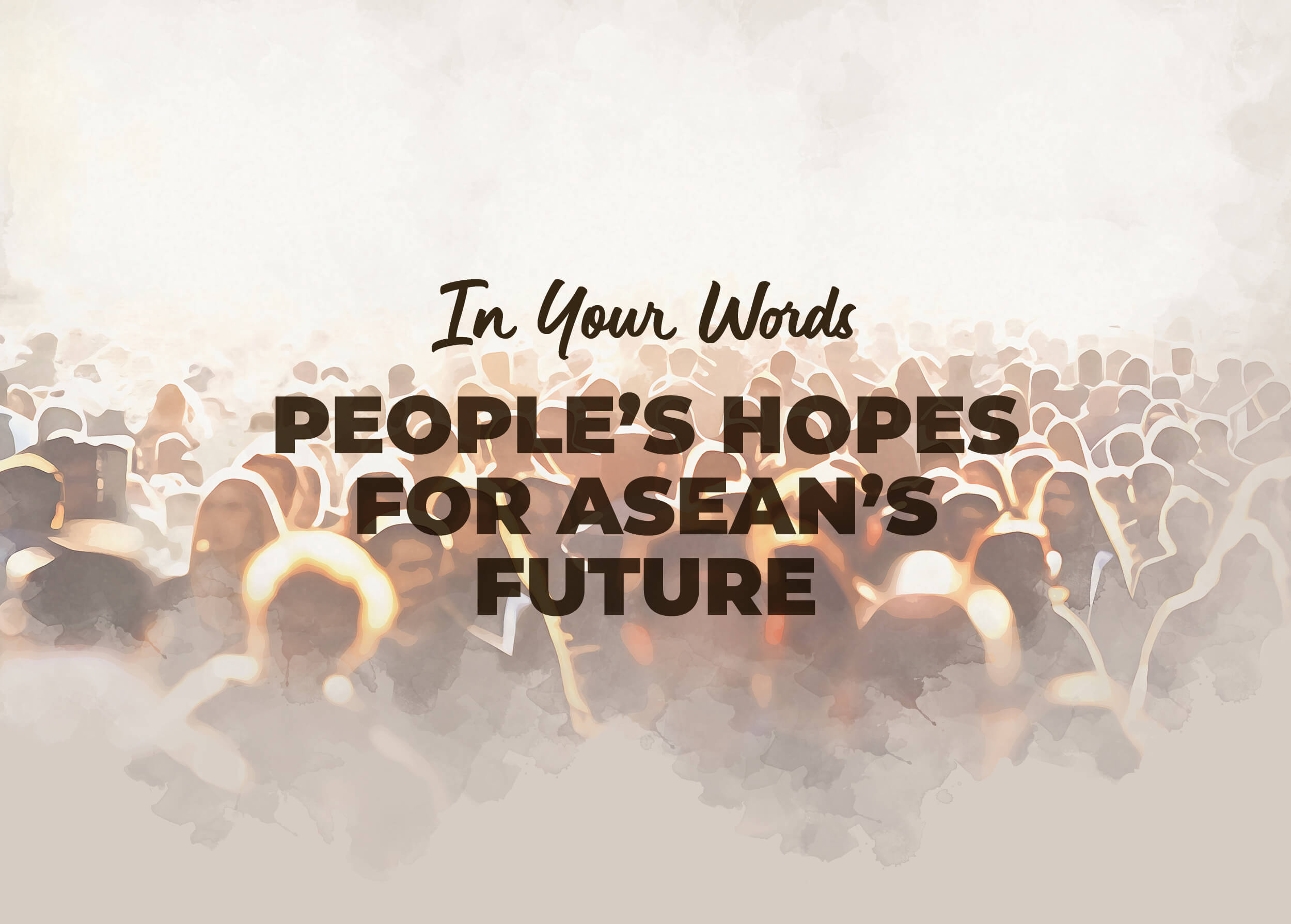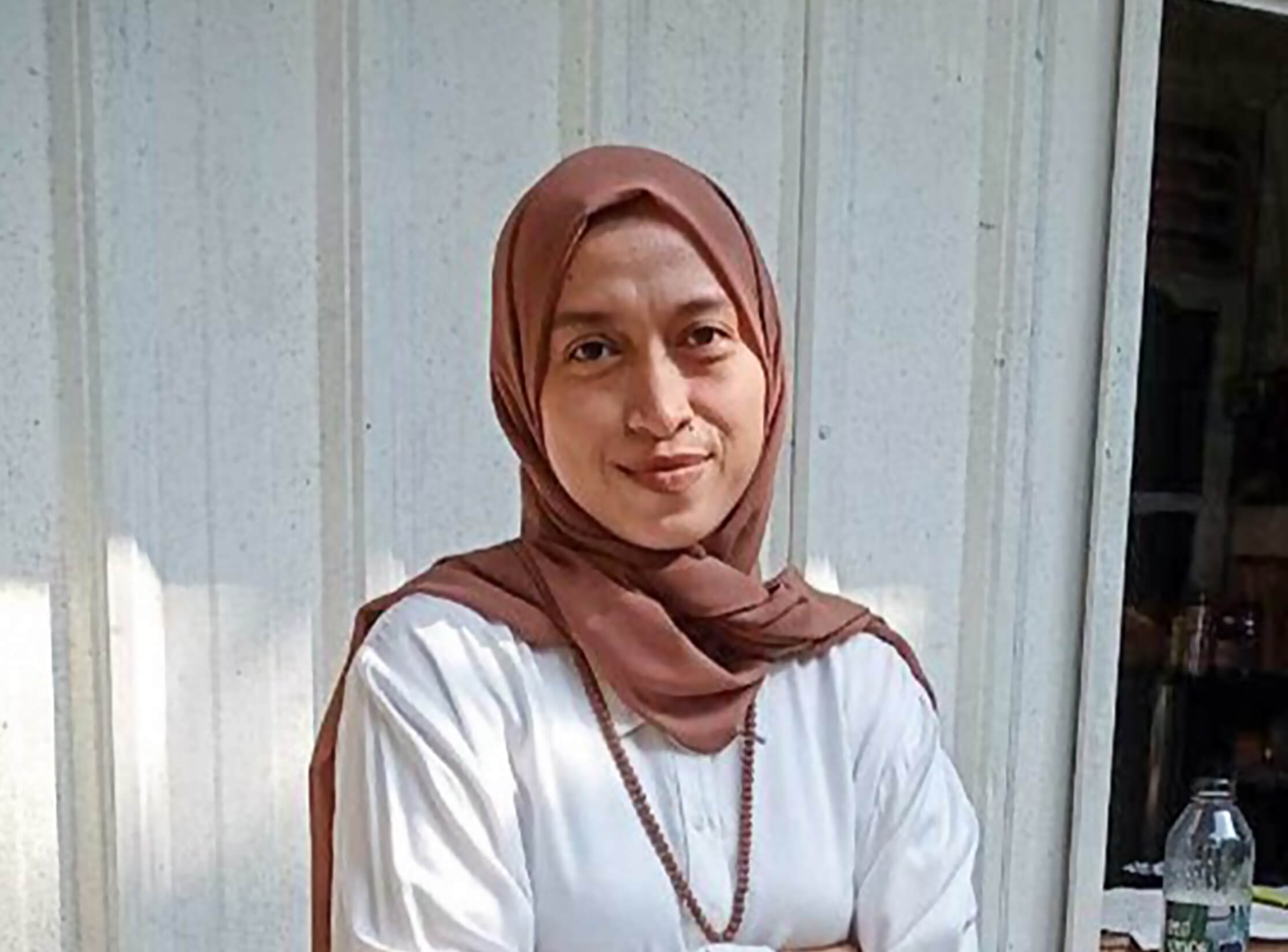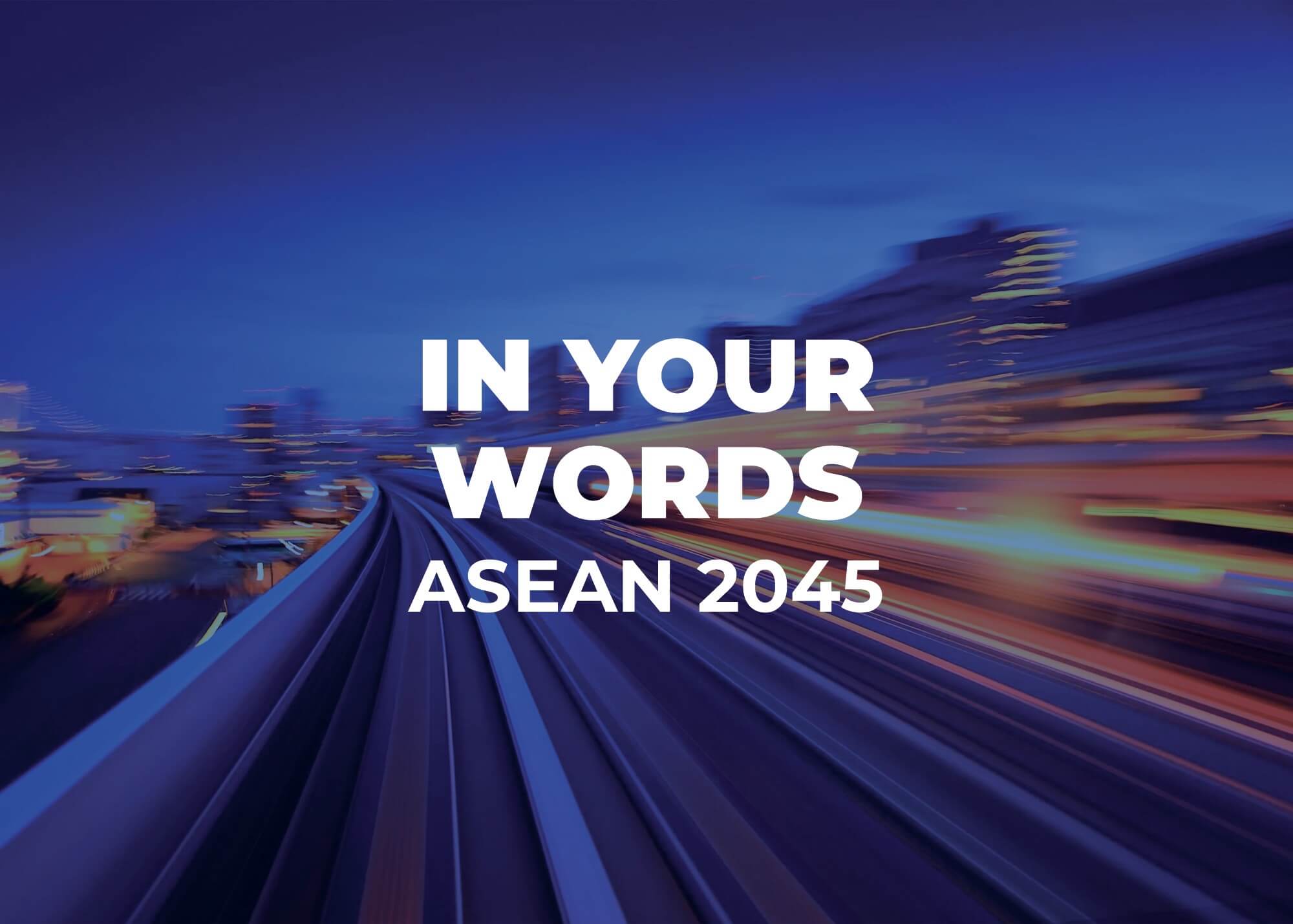



As the ASEAN Socio-Cultural Community maps its vision to respond to trends and challenges in the next twenty years, The ASEAN continues the conversation on people’s concerns and hopes for the future. The team aimed to involve various perspectives in this endeavour, reaching out extensively to gather insights. We received responses from our readers, social media followers, youth delegates in various ASEAN-related events, and members of youth organisations.
The collected responses give us a glimpse of ASEAN people’s aspirations for the region.
What concerns you the most about the future, and what keeps you up at night?
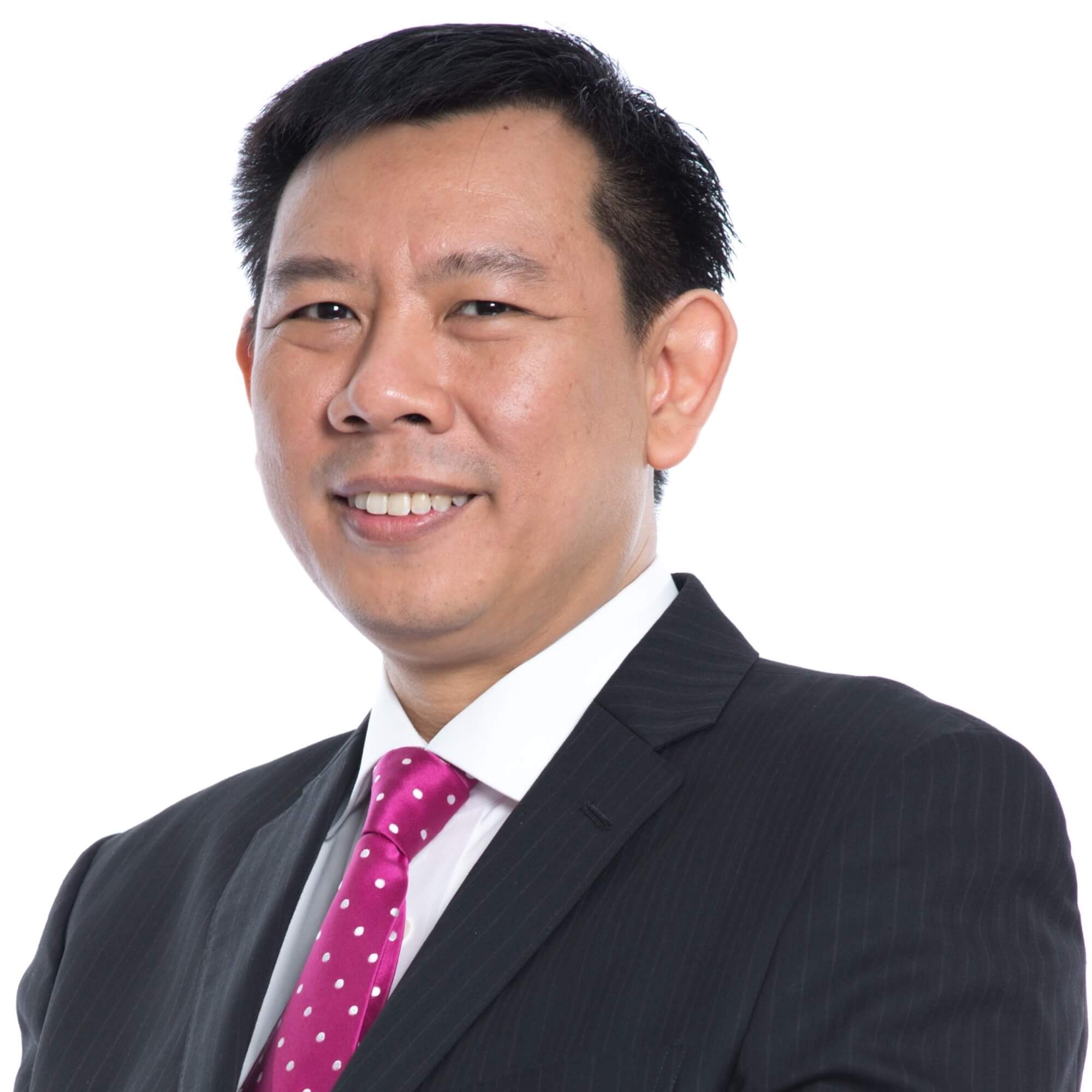
Today, we are fighting a war with two battles. The first is against the damage caused by climate change, and the second is for sustainable and equitable development. If we lose either battle, we will lose the war. Both battles are difficult, and we need global co-operation to win. If we can’t work together in an equitable manner to achieve a “win-win,” we will find the divide between the Global North and Global South growing wider amid a crumbling ecosystem, leading to a disaster.
We also need to address the rapid advancement of technology. Technology is neutral. Its impact is dependent on what it is used for. As the region becomes more technologically connected, we need to be aware of the dangers that come with the benefits of technology. This includes security breaches that can cause financial losses and even endanger lives, such as when hospitals are hacked or when aircraft GPS is spoofed. Uncontrolled use of social media can be harmful, including through cyberbullying and misinformation. AI brings new hope together with a whole new set of challenges. What worries me most about AI is if we lose control of it, or the dreaded technological singularity where AI becomes more intelligent than humans. AI is estimated to partially automate two-thirds of today’s occupations, leading to social dislocations if not planned for properly.
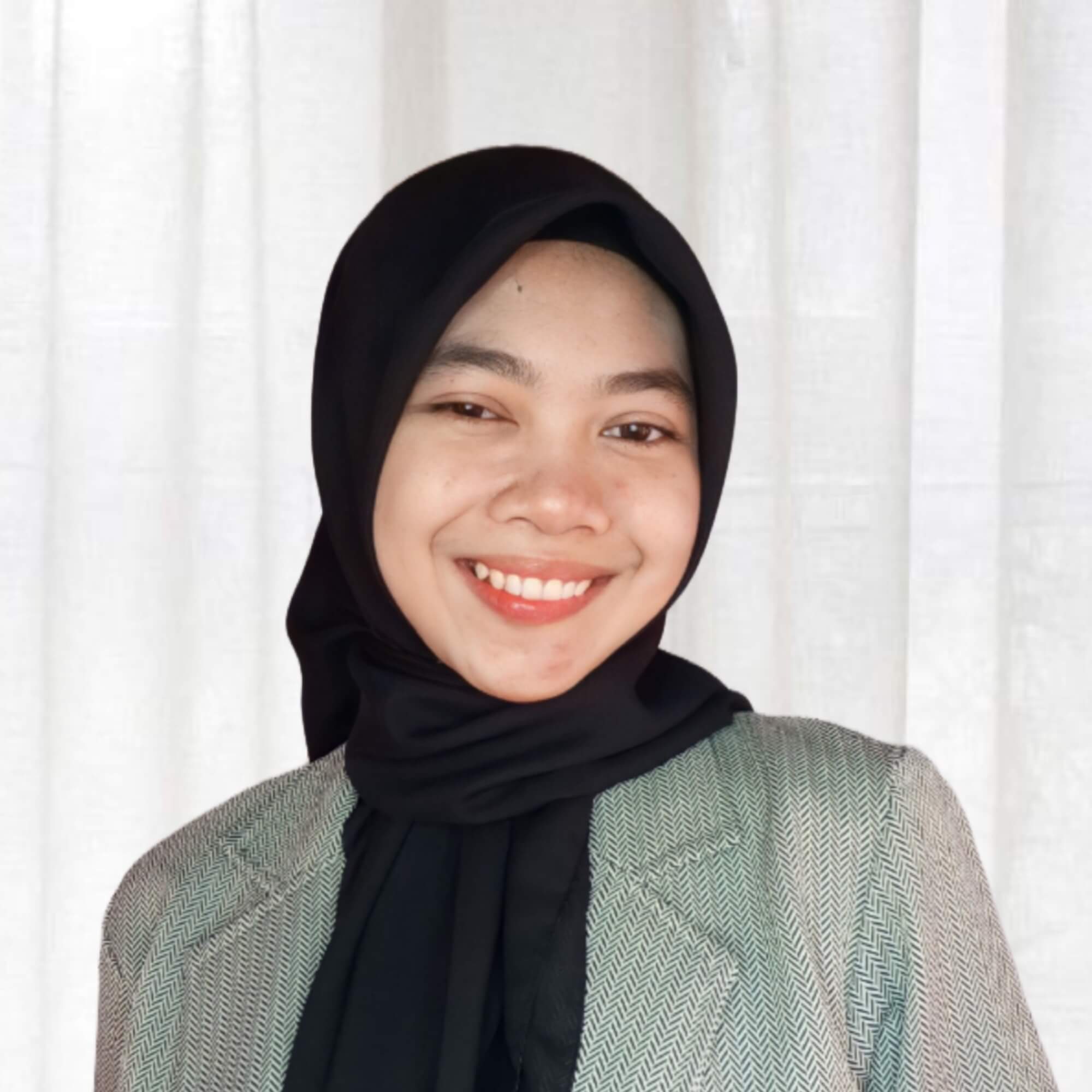
The earth’s condition is worsening due to global warming and climate change, which will certainly affect natural habitats. Economic competition is increasingly becoming difficult and will cause many inequalities in society. Current technology has replaced human labour, so humans are starting to compete with the technology they created themselves. Globalisation has occurred and penetrated the borders of countries worldwide so that the norms, culture, and original values of a society are very vulnerable to being lost. I fear a difficult future if things continue to go beyond this and humans cannot think clearly to live a sustainable, fair, and humane life.
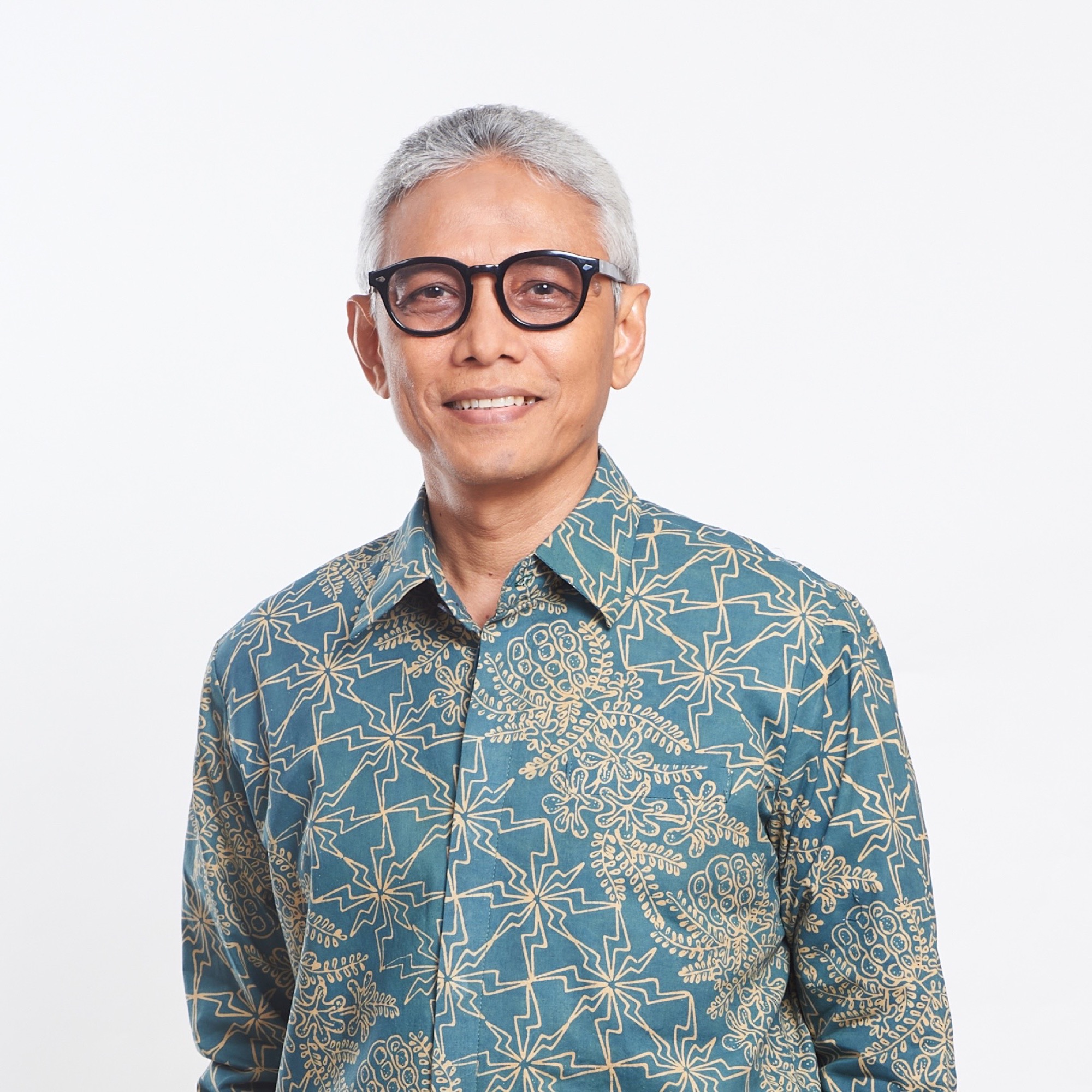
The impact of climate change has been very visible to us in recent years. The weather is increasingly difficult to predict, and we have less rain in the months when we used to have rain. I cannot imagine what catastrophe would take place if we do nothing to reduce our carbon emissions that would impact the pace of climate change.
Particularly in my capacity as the CHRO of PT PLN Indonesia Power, we are concerned about many issues, including climate change and our contribution to energy transition in Indonesia. This is why PLN IP is carrying out energy transition efforts, such as shifting our operation from fossil-fuel-powered generation to renewable generation, which is more environmentally friendly. However, this is not easy. Renewable energy has an intermittency issue, so fossil-powered generators are still needed to support electrical energy needs.
Nevertheless, while we recognise our transition to green energy is not an easy journey, it is also not impossible.
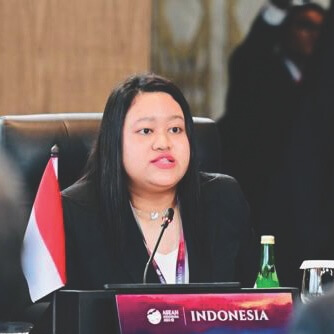
Economic and environmental security are the real elephants in the room, as the youth will be affected the most in the near future. In terms of economic security, digital transformation, including automation, is estimated to displace 85 million jobs within the next five years (WEF, 2020). In this context, the youth should be able to bite the bullet. Youth should be empowered and harnessed as digital talents to set a strong foundation for the region as the epicentre of the digital economy and innovation while mitigating the risk of automation.
The crux is that even the youth in this region still have inadequate access to basic ICT infrastructure and digital literacy materials. A study by UNICEF showed that six out of 10 ASEAN pupils do not receive digital literacy materials, four out of 10 students have a low to moderate level of digital literacy, and three out of 10 pupils have no direct access to tech devices.
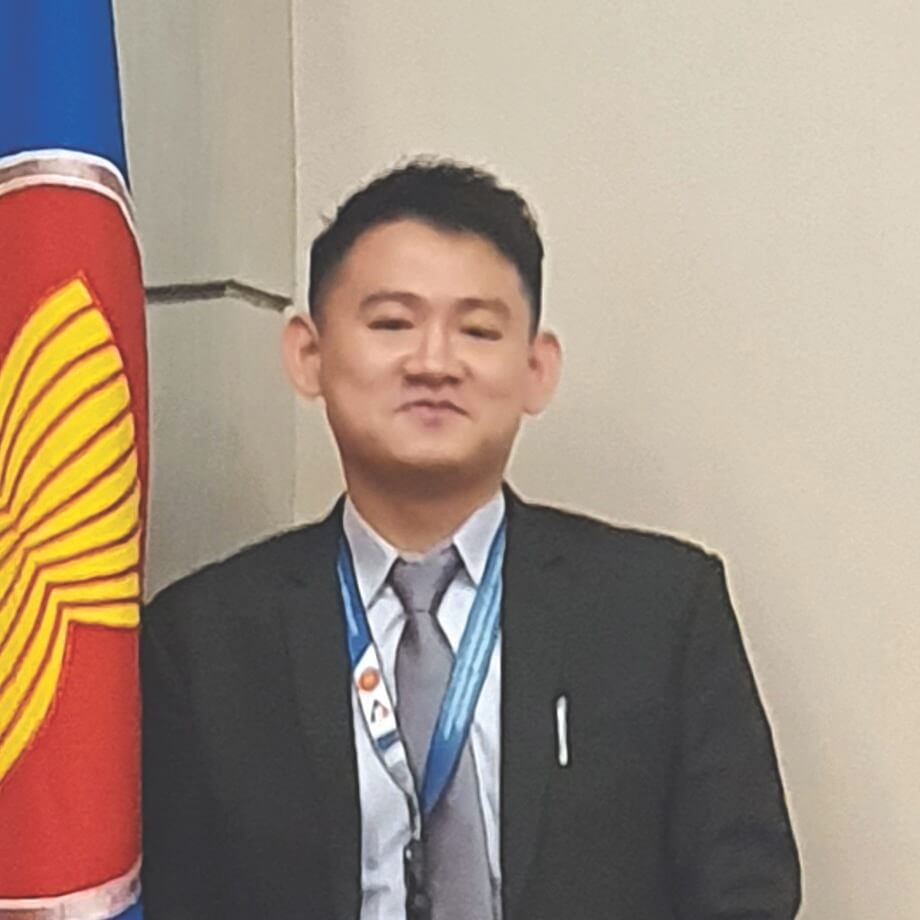
The most serious concern about the future is economic security. Everyone strives to have decent living conditions and the ability to cover the essential needs of oneself and loved ones and possibly have the means to do things they enjoy. However, with all the problems the world is facing right now, such as conflicts/wars, economic recess, worsening state of the environment, increasing population, among others, and unpredictable nature of the future, the world is prone to economic downturn, and it will become even harder for everyone to achieve decent living.

The population of my hometown is nearly two million people, belonging to 20 ethnic minorities and eight religions, so different perspectives are inevitable.
In the undulating landscapes of Bac Giang, particularly its remote mountainous and ethnic minority zones, the surge of digital connectivity paints a complex picture. Digitalisation holds the potential to unlock vast avenues for growth, from e-commerce opportunities to better access to information. However, a lack of comprehensive digital literacy makes these regions particularly susceptible to online threats.
As digital tools become more integrated into daily life, many residents, especially those in remote areas, might unknowingly expose sensitive data. These digital footprints can easily become targets for cyber-attacks, identity thefts, or phishing scams. Moreover, misinformation can spread rapidly, leading to misconceptions and, in some cases, harmful practices. In a region where oral traditions and community trust are paramount, the potential for digital rumours to influence public opinion is high. Addressing these concerns necessitates a dual approach: introducing robust cybersecurity measures while also investing in extensive digital literacy campaigns tailored for these communities.
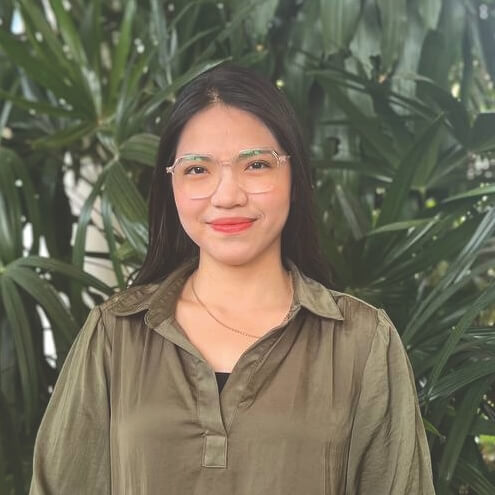
As a woman, I believe that everyone has equal rights. I strongly believe everyone is entitled to the same rights despite their gender and background. People deserve to seek their potential and use their rights to the fullest as long as it’s not harming anyone else. Inequality has a really deeply-rooted cause.
Even though there are several empowerment programmes, new issues keep emerging to oppose the positive changes, especially on the internet. There is always the backlash against online campaigns or educational posts related to gender equality. Women still find it hard to reach their full potential because of the limitations that the patriarchal society imposed on us. This is not just for women. Men also struggle to meet societal expectations of masculinity, such as a strong demeanour and role as breadwinners of the family. A lot of people have to hide themselves due to the discrimination of society.

Forecasting the future requires that we analyse the present. A quick browse of major news outlets suggests that contemporary global challenges include climate change, modern warfare, nuclear arms proliferation, trade wars, refugee crises, political instabilities, increased geopolitical contentions, economic crises, and AI control.
From a realist perspective, these difficulties will endure and possibly worsen due to the competitive character of nation-states, perpetuating the struggle for power and resources. It is the human costs of these issues that keep me up at night. At the end of the day, all efforts to solve global and underreported issues must always centre on the human aspect. From an academic perspective, it’s hard to say that we can totally rid the world of insecurity, inequality and injustice. Just like yin and yang, it is the unfortunate equilibrium of good and unwanted fate—but I do believe that the world has a choice to challenge this nature.
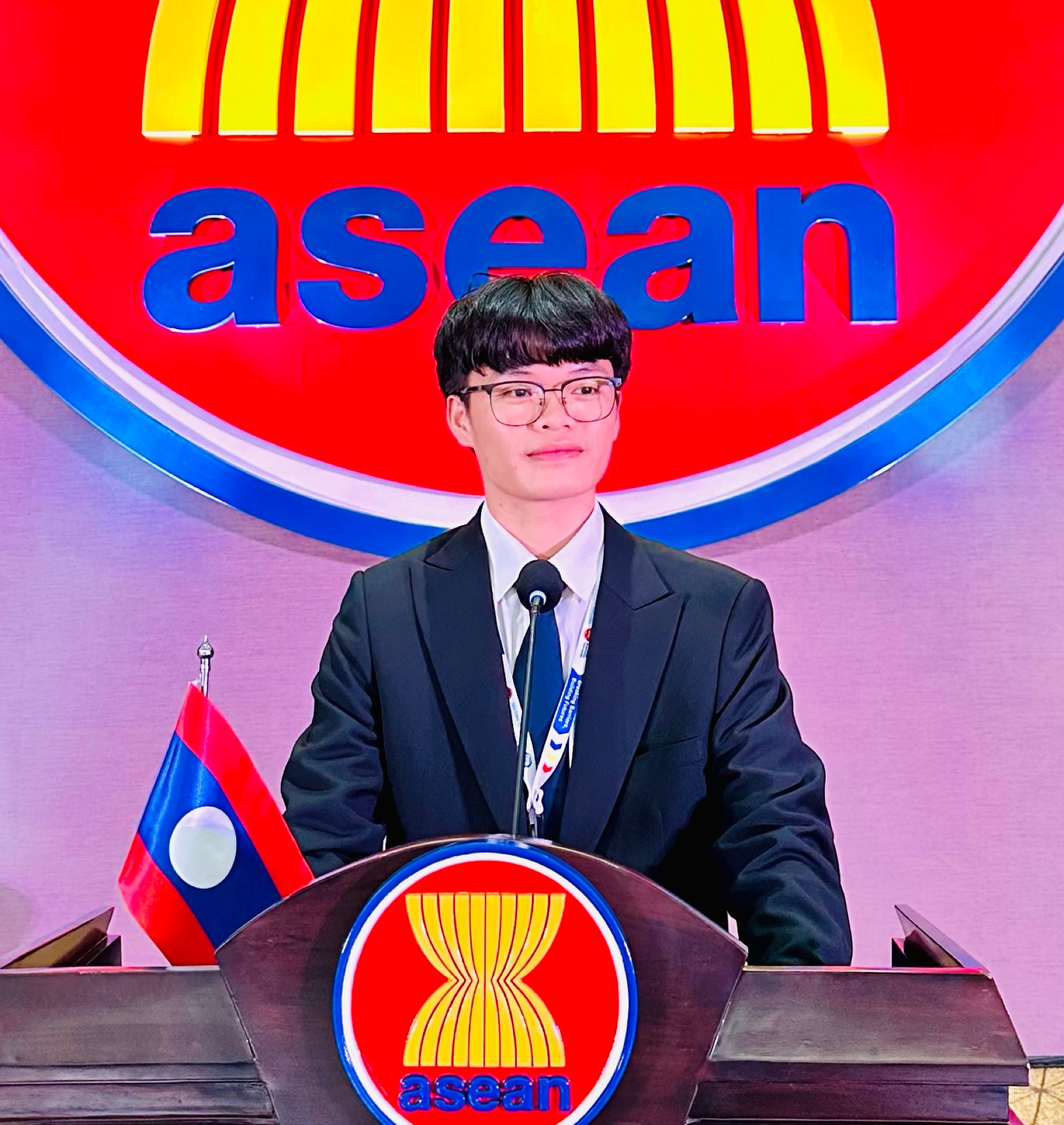
What concerns me the most about the future is the growing inequality and the lack of access to basic necessities such as clean water, healthcare, and education. I worry about the future of our society and the impact it will have on future generations.
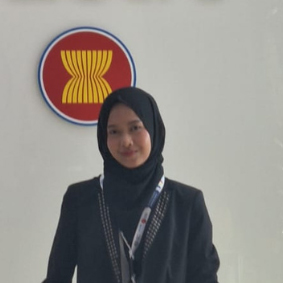
I have concerns about education because education is the foundation of success for a nation. I often think about proper access to education, especially in Indonesia, which has many islands, and progress that may not be evenly distributed in each region.
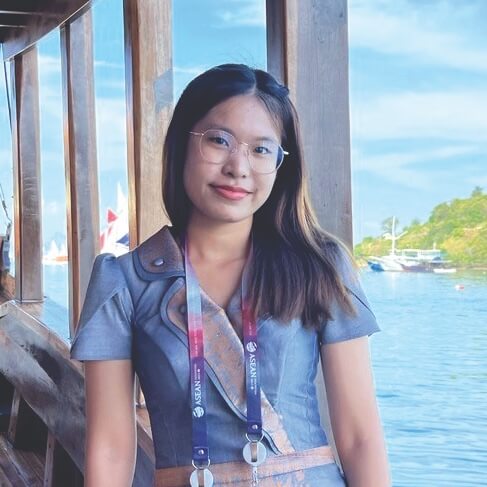
The future is uncertain and unpredictable. Some people live in fear, especially since conflicts have erupted in many parts of the world. I am personally concerned about many things, including climate change issues, the erosion of democracies, lack of transparency in the use of natural resources, the decrease and loss of biodiversity, hegemonic influences, and wars. We all have the right to protect ourselves and feel secure.
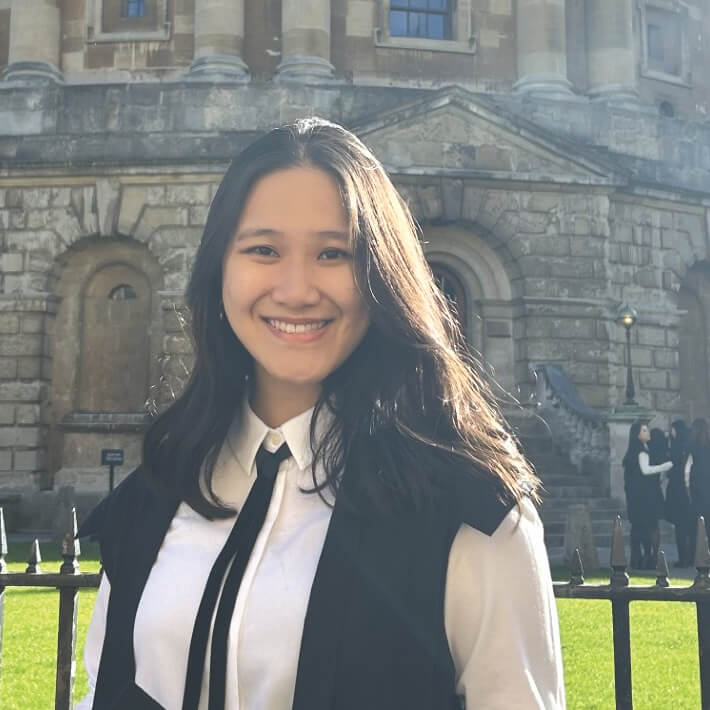
One of my primary concerns is the question of just transition. The actions that are undertaken at the state, industry, and local levels to work towards net zero will inevitably impact labour markets and livelihoods. One of the tools that policymakers may use to fund decarbonisation efforts may be taxation. How, then, do we ensure that these taxes do not fall disproportionately on the shoulders of the already disadvantaged? In a similar vein, how can we better align social policies to support individuals throughout the transition process? These include but are not limited to upskilling and reskilling programmes and the potential expansion of social assistance programmes.
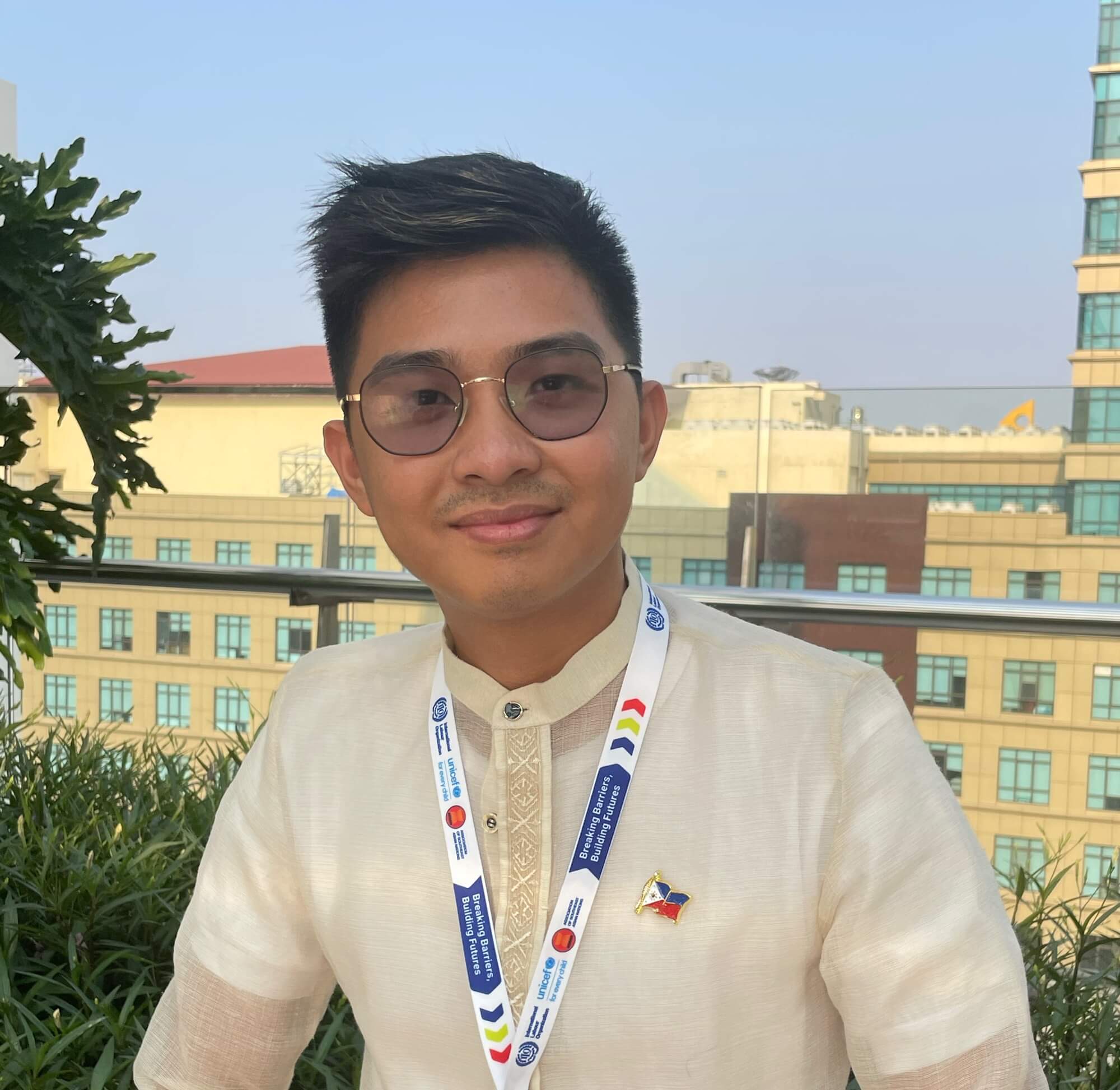
As a mental health provider and advocate, what concerns me about the future is the rising mental health issues among the population and the shortage of mental health professionals to address them. I recently came across a Facebook group for individuals with mental health concerns. I noticed their practice of searching for advice from what their doctors had recommended to others in similar situations, hoping to apply those suggestions to themselves.
Although mental health resources are now available, this trend highlights the pressing need for more accessible mental health services and support. With the growing burden of mental health issues, it’s clear that there are not enough mental health professionals available to meet the demand. As a result, people are turning to online communities and social platforms to share their experiences and seek guidance from peers who may have faced similar challenges.
We cannot blame these people since these online communities can provide a sense of belonging and understanding. However, it’s important to remember that they cannot replace the expertise of trained mental health professionals. They can offer emotional support and a sense of community, but they should be viewed as complementary to, rather than a substitute for, professional care.
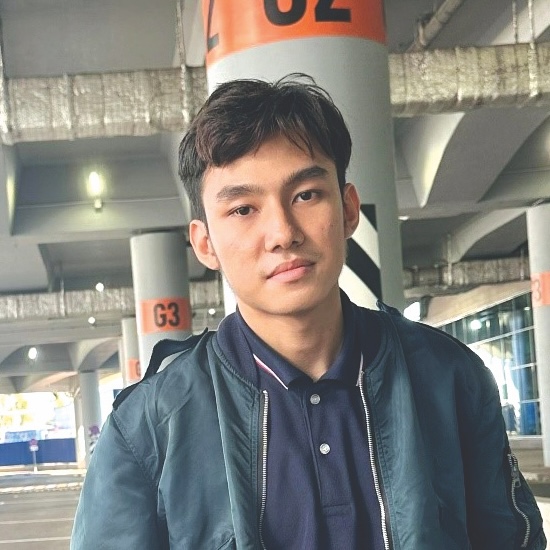
As an undergraduate in information technology and passionately learning about knowledge engineering, the concerns about the rise of AI technology keep me thinking all night every week. AI has been getting to the point where it can fully replace human workers in some job positions, which can lead to worse cases of unemployment. The disruption in the workforce can make a big shift in the economy as it can add positive and negative value. Therefore, the workforce should be prepared for these outcomes. There is also a new high-risk concern about AI knowledge that it has been trying to (replace) not only physical labour, but also creativity, as AI art has also been recently popular. As technology grows, I am afraid that a situation like “I have no mouth, but I must scream” will come true, but I am sure that the brilliant people working in the industry are trying their best not to let that happen.
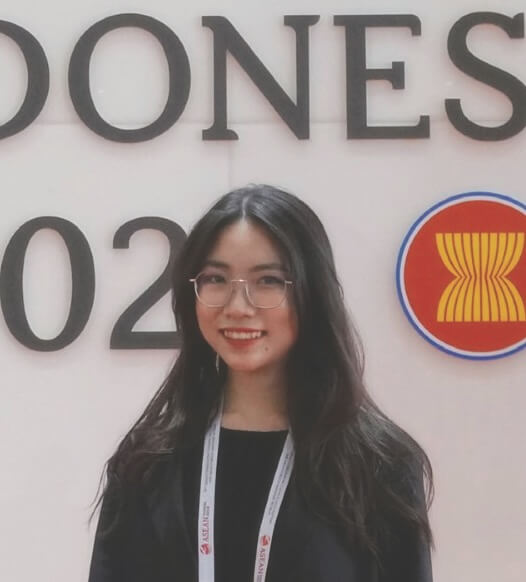
I am fortunate to wake up every day in the comfort of my home, the love of my family and the tranquillity of my country. However, I am aware that not everyone is as lucky as me. It saddens me to think about the struggles and hardships that people of all ages, young or old, go through just to survive and make ends meet. I am concerned about a future where freedom and democracy may be taken from the next generation and peace becomes more of an unaffordable privilege than a fundamental right. Difficult access to basic needs like food, water, education, and a clean environment are still ongoing and rarely addressed comprehensively.
From what I can observe, although we generally pay attention to such issues, it is not enough. There should be a systematic change not only from the individual and national levels but also to regional and international ones to work on a shared mechanism that works efficiently under international law to help tackle matters of common. It is everyone’s responsibility to invest time and resources in improving the livelihood and well-being of fellow humans at the moment, as well as ensuring a peaceful and healthy future for years to come.
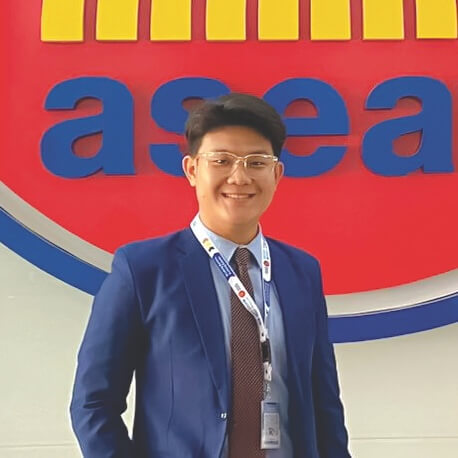
What concerns me the most about the future as a young person is the loss of empathy and sympathy among young people. As young individuals, we must take into account that there are still young people who do not have access to the same resources that we do. It is also critical that we communicate what we know and what we have learned with one another.
Furthermore, in the future, engaging youth resources in development activities is a positive promise for the nation’s development. But if we can’t teach and assist one another, we won’t be doing our responsibility. This fact will set us apart from other young people in places where we establish policies and make crucial decisions, and we will truly be able to benefit the world.

How do you identify the truth from a million lies?
As a Filipino youth growing up in the age of fake news and misinformation online, I fear for the future where the line between fact and fake is not only blurred but concealed.
Technology, as much as it has significantly improved the lives of those privileged to access it, can be used for control and exploitation— and we have seen this happen. We have seen it influence shaping public opinion and one’s personal belief. We have seen it alter history for political benefit. We have seen it assume someone else’s identity. We’ve seen it obscure violence, if not justify it. We have seen it harm our environment, and yet we remain blinded to how we can fight to protect ourselves from it.
Misinformation is not a problem we can fix overnight. It is a social condition that we must constantly correct and adjust. And with technology no longer being a preference but a way of life, we shall be steadfast in protecting what is fact. Otherwise, a disastrous environment of lies awaits our generation where even the definition of a fact can no longer be identified.
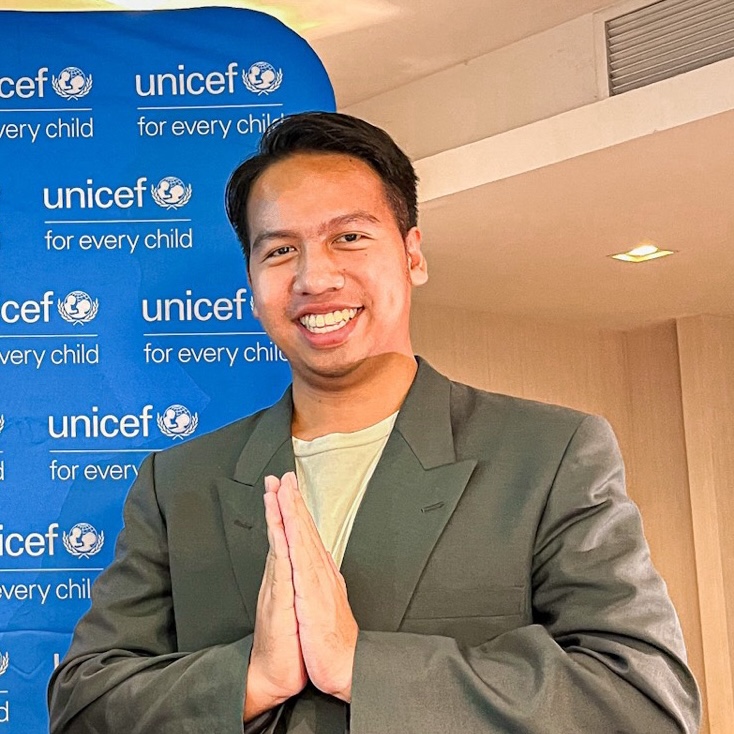
My biggest concern is education because I believe that our world has undergone significant changes, and it is crucial to adapt education to meet the needs of the youth today. I also strongly believe educational opportunities should be equally accessible to all young people.
When it comes to educational challenges, I have personally faced one. The problem I encountered was my uncertainty about what I wanted to study, which faculty to choose, and what career prospects awaited me after graduation. Dealing with these issues, I had to learn to adapt and seize opportunities to enhance my skills.
This led me to become a scholarship student under the CP programme, allowing me to study in the central part of the country and the wider Asian region. This experience helped me truly appreciate the importance of educational opportunities in shaping young individuals into quality contributors to society, responding to the need for sustainable employment in the region.
However, the school-to-work transition that I experienced inspired me to commit to providing opportunities for Thai youth. I am now a member of UNICEF’s Young People Advisory Board, working on the EduGuide project, which aims to support educational opportunities for high school students in remote areas of Thailand, including the South, North, and Northeast regions. The goal is to make young people more aware of their own values, emphasising that every life on this planet has intrinsic worth and the potential to grow into a quality individual. Seeding for a better place tomorrow!
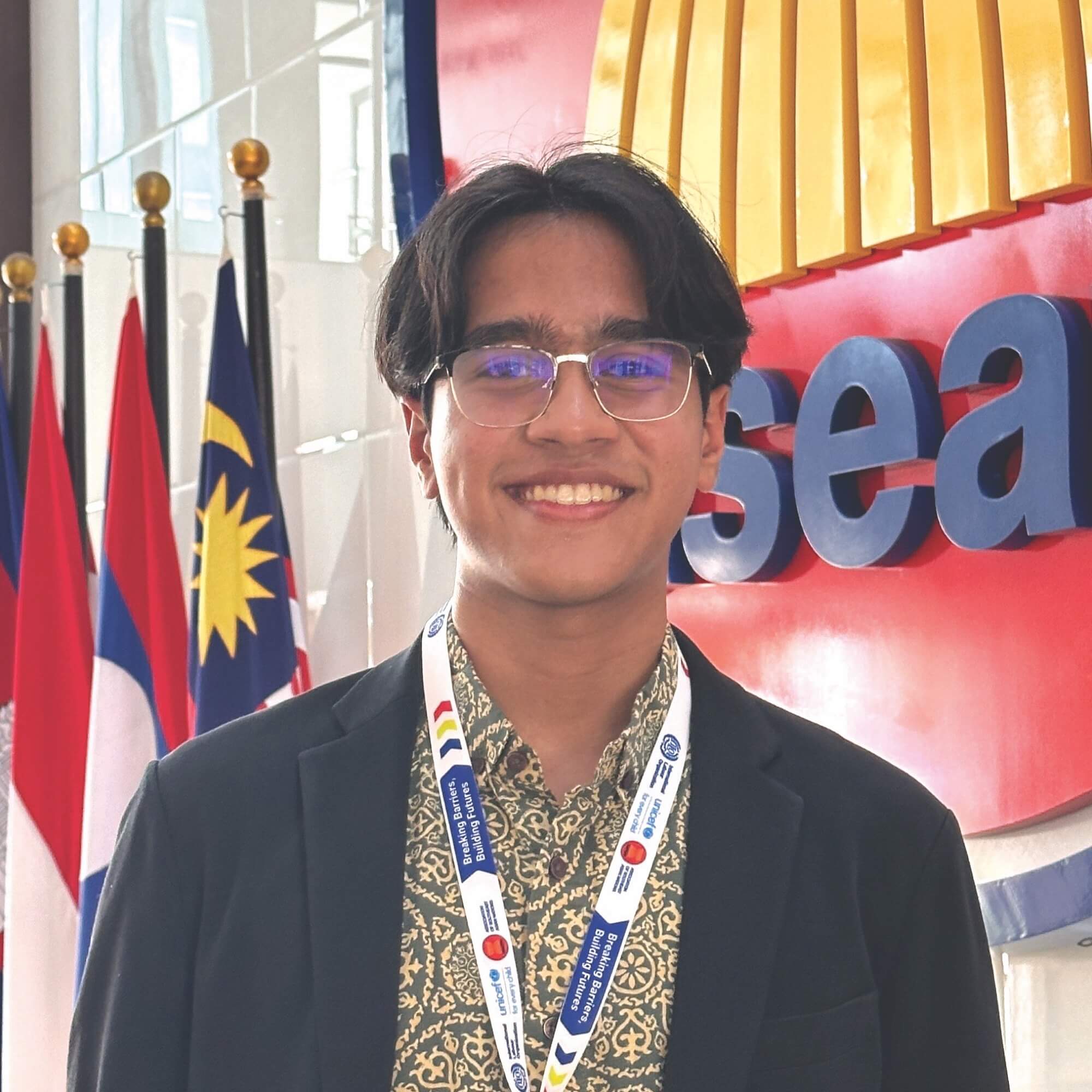
(My concern is) that home will no longer exist, because of existential threats like war or climate change. It is a reality that many young people like myself face. We face looming uncertainty if we continue to operate as we are now. I am worried that no matter how many warnings young people give, no one will listen.
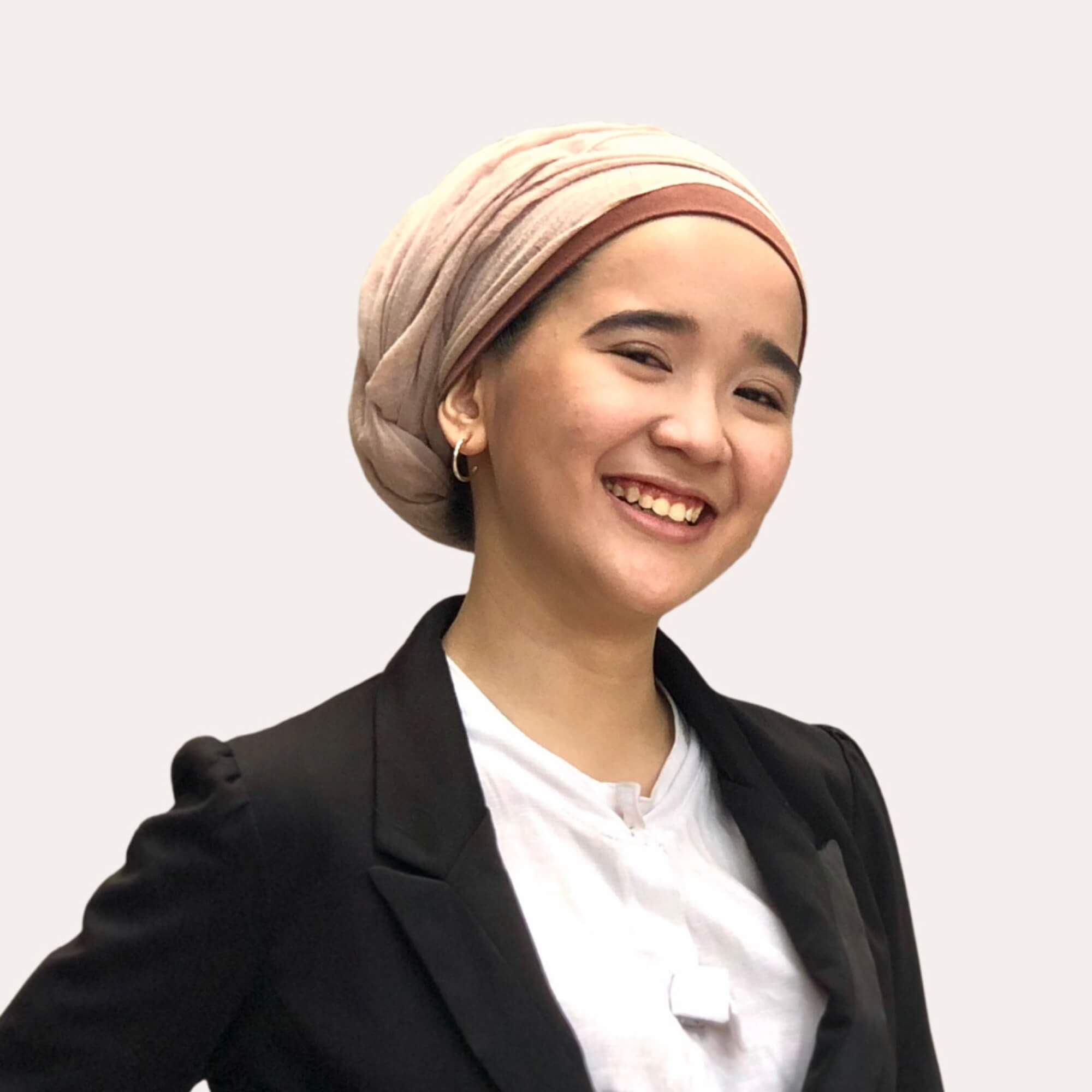
What deeply troubles me is the challenge faced by the present and future generations: it is not and will not be the lack of information, but instead, its distortion— misinformation, misconceptions, and misunderstandings. Everyone views the world through their unique lens, influenced by whoever controls the narrative. It is up to us to think for ourselves.
As we demand more from technology, it, in turn, demands more from us. My concern is that amidst this progression, we might lose the essence of being truly human.
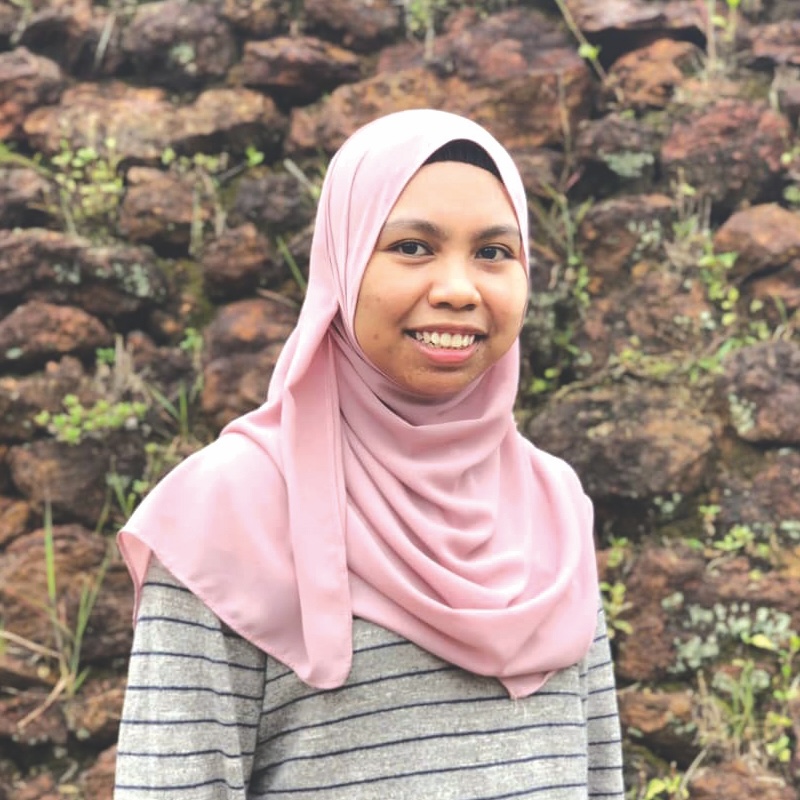
One of the questions that worries me the most is the sustainability of the progress we’ve made, particularly whether the children and youth will have the resources, education, and support to thrive and bring about positive change in an increasingly complex and rapidly changing world. Human security is not just about safeguarding people from physical threats, it also encompasses the preservation of individuals’ dignity and well-being. In this context, empowering young people is not only a moral imperative but a crucial aspect of human security. I believe a society that fails to provide its children and youth opportunities for growth, education, and participation undermines its stability.
The modern world presents unique challenges, from the growing impact of climate change to the complexities of global interconnectedness. The children and youth are the most vulnerable to these challenges and the most potent agents of change. Our ability to adapt, innovate, and drive positive transformations is vital for overall security and prosperity. Yet, the stark reality is that many young individuals still face barriers, including limited access to quality education, economic opportunities, and essential services. The resulting disparities hinder their well-being and contribute to broader societal and global issues.
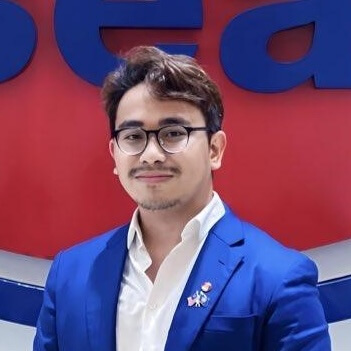
One thing that keeps me awake at night is my role as a youth in driving change and addressing pressing issues. The challenges we face, such as climate change, social inequalities, political instability, and regional crises, require immediate attention.
As a grassroots advocate for ASEAN youth, I’m deeply concerned about the triple planetary crises: climate change, biodiversity loss, and pollution. Southeast Asian countries, including Malaysia, are vulnerable to these challenges, evidenced by annual floods and transboundary haze. This is why staying silent is not an option. It endangers our communities and threatens cultural and ecological diversity. We must collectively work on climate mitigation and adaptation to enhance regional climate resilience.
Socioeconomic inequalities are another concern; issues such as limited access to education, healthcare, and economic opportunities still exist within my community. Drawing from my experience as a policy analyst, I call on policymakers to bridge these gaps by adopting evidence-based policies that prioritise social justice and equitable rights. This includes marginalised groups like indigenous peoples, individuals with disabilities, and children from disadvantaged backgrounds to ensure “no one is left behind” in the ASEAN community.
Political instability and conflicts also weigh heavily on our future. I hope for credible, transparent, and accountable leadership to promote peace, stability, and democracy. During every election, the anxiety of waiting for the results makes me lose sleep and to discover which leaders would govern my country. I believe this is an experience many can relate to. Moreover, how can we actively contribute to promoting dialogue, diplomacy, and human rights to address pressing issues? It’s evident that this can only be accomplished by adhering to the principles of good governance, emphasising the voices of the public and preserving freedom of expression.
Despite these concerns, my commitment to driving positive change remains unwavering. I believe that through shared responsibility and collective action, we can transform these challenges into opportunities for growth and sustainability in our ASEAN region.
The views and opinions expressed belong solely to the respondents and do not reflect the official policy or position of ASEAN.




